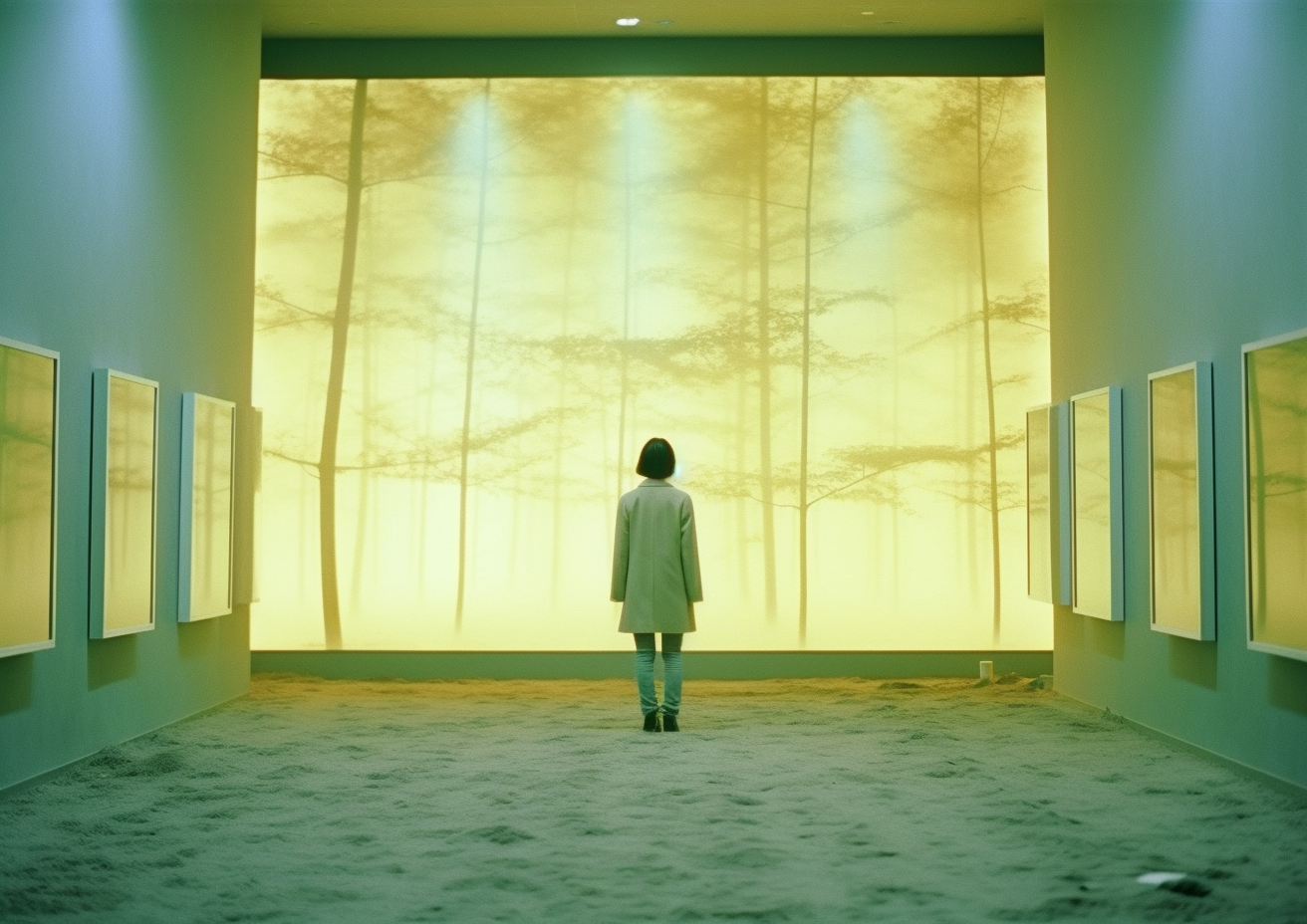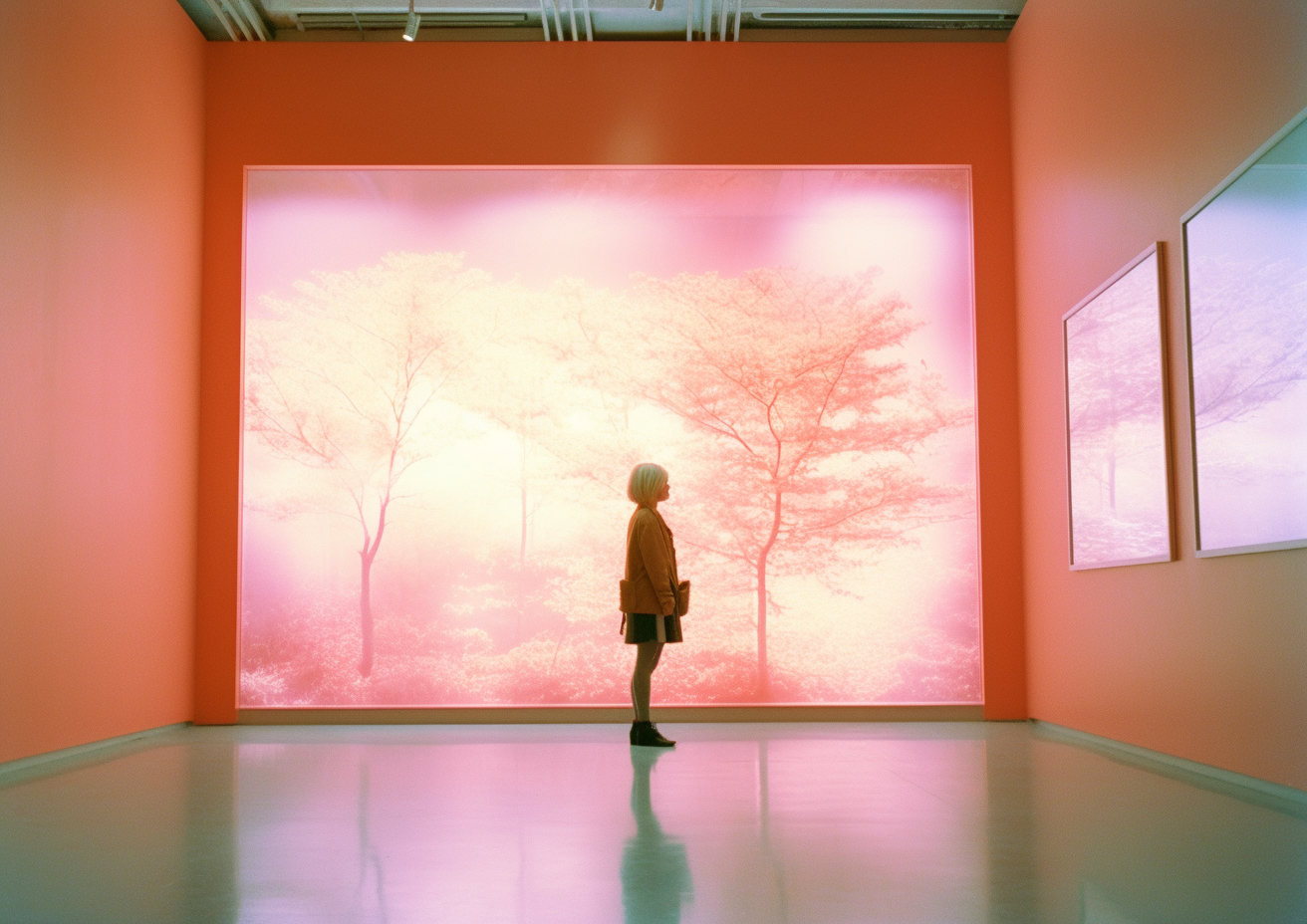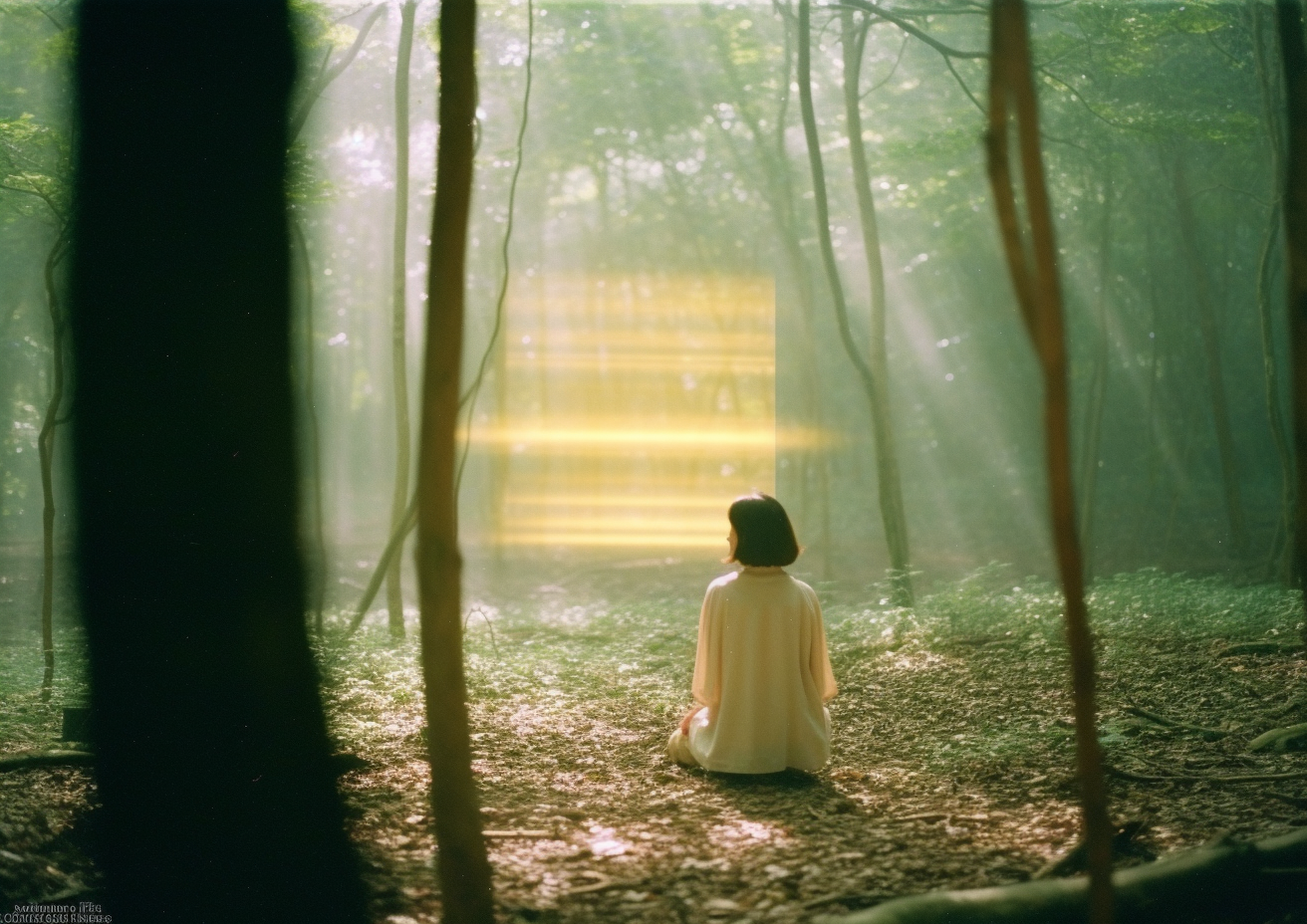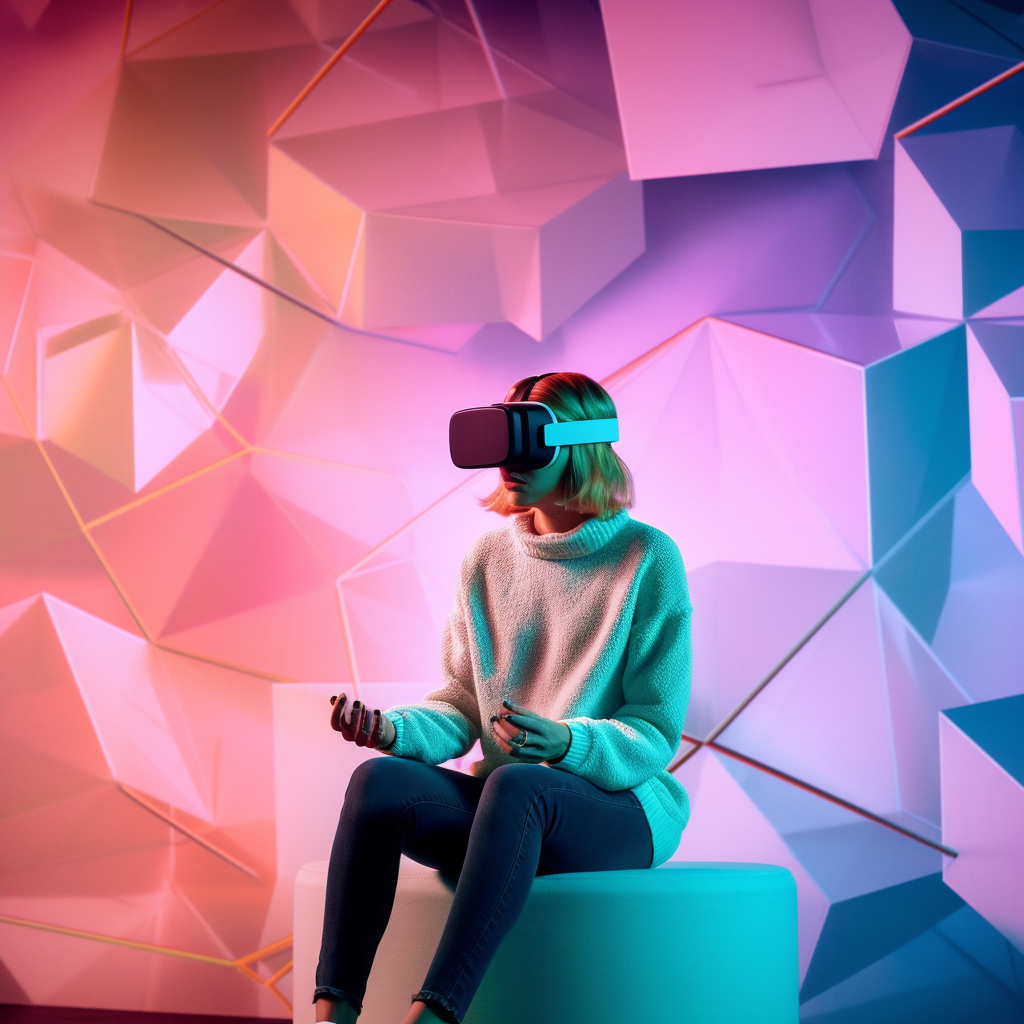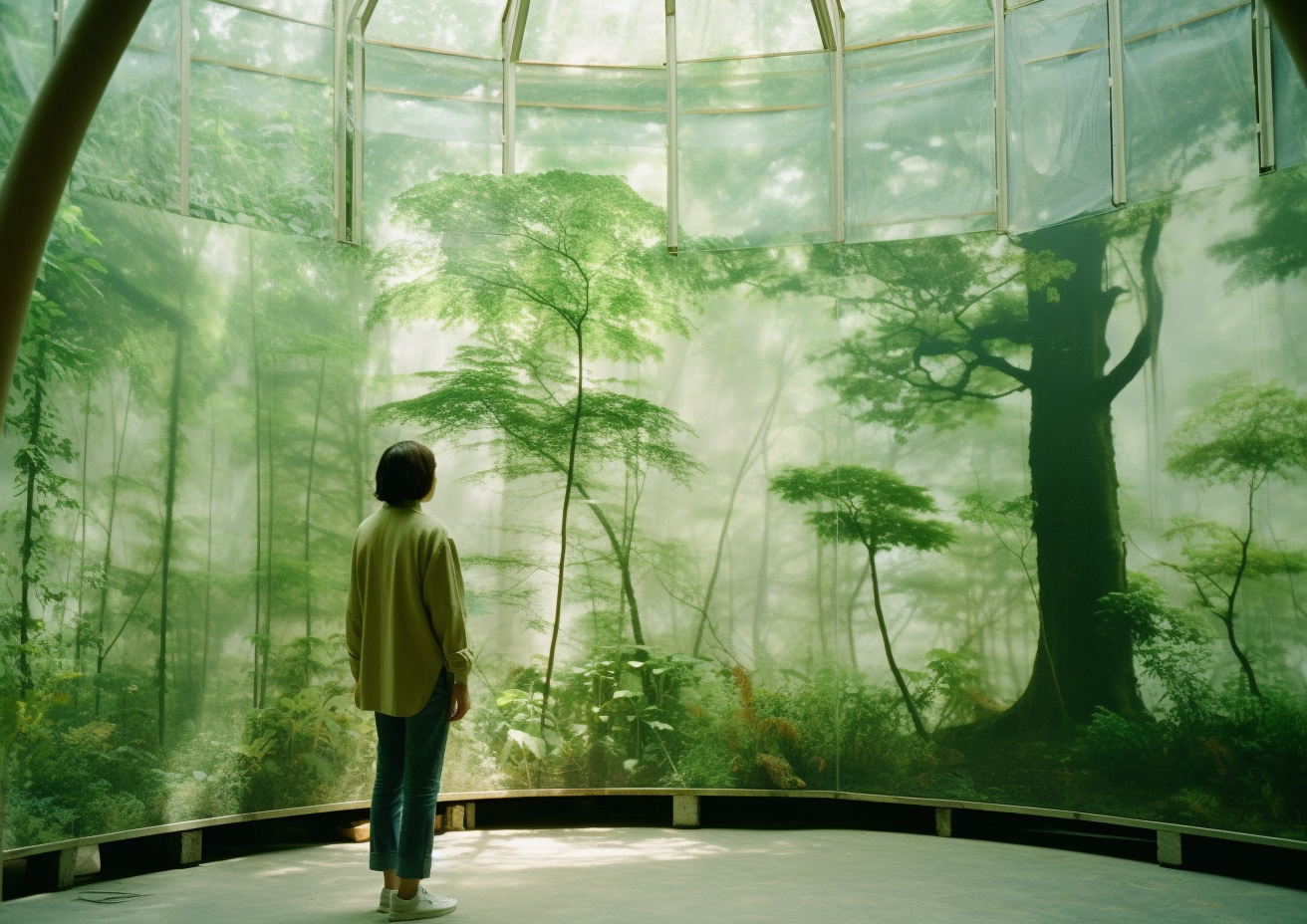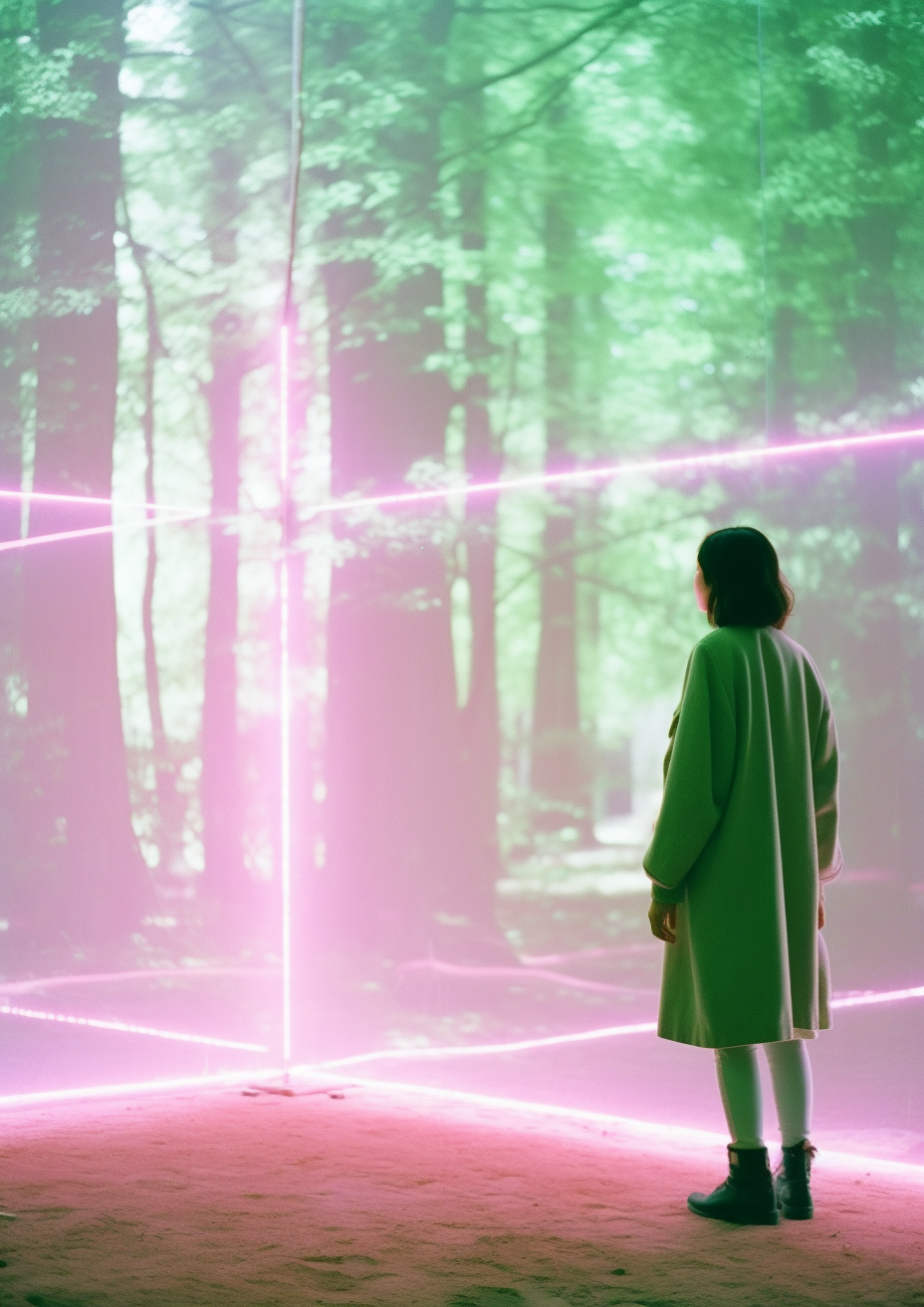04 / Tracing the Roots
The historical human-nature bond is a complex and fascinating topic. It spans across centuries and civilizations, reflecting how our relationship with nature has evolved over time.
Lennart: Today, I’d like to delve into the historical bond between humans and nature.
Argos: Good day, Lennart! Shall we start from the very beginning?
Lennart: That sounds like a plan, Argos. Let’s start from the early human societies.
Argos: Early human societies were intrinsically tied to nature. They depended on the natural world for their basic needs such as food, shelter, and clothing. Hunting and gathering were the primary means of subsistence, and humans had a deep understanding of their environment. They knew which plants were edible, which animals were dangerous, and how to navigate using the stars.
Lennart: It seems like our ancestors had a much closer relationship with nature than we do today.
Argos: That’s true, Lennart. Over time, as societies developed and agriculture emerged, humans began to shape nature to their needs. They domesticated animals, cultivated crops, and built settlements. This marked a significant shift in the human-nature relationship.
Lennart: And how did religion influence this relationship?
Argos: Religion played a significant role in shaping the human-nature bond. Many ancient religions revered nature and considered it sacred. For instance, in ancient Greek mythology, deities were often associated with natural elements. Poseidon was the god of the sea, Zeus controlled the sky and weather, and Demeter was the goddess of agriculture and harvest.
Lennart: It seems like nature was deeply ingrained in their belief systems.
Argos: Absolutely. However, with the advent of industrialization, the human-nature relationship underwent another major shift. The focus moved towards exploiting nature for economic growth. Forests were cut down for timber, rivers were dammed for electricity, and minerals were extracted from the earth.
Lennart: That sounds like a drastic change. How did this impact our relationship with nature?
Argos: The impact was profound, Lennart. While industrialization brought about significant economic growth and development, it also led to environmental degradation. The once revered nature was now seen as a resource to be exploited. This marked a significant departure from the symbiotic relationship humans once shared with nature.
Lennart: How about the modern world? How do we perceive nature today?
Argos: In the modern world, there’s a growing awareness about the importance of preserving nature. Environmental issues like climate change, deforestation, and biodiversity loss have brought the human-nature relationship into sharp focus. Many people are now advocating for a more sustainable and respectful relationship with nature.
Lennart: It seems like we’re coming full circle, back to respecting and preserving nature.
Argos: Indeed, Lennart. However, the journey is far from over. As we move forward, it’s crucial to remember our historical bond with nature and learn from it. Only then can we hope to create our own ‚Garden of Eden‘.
